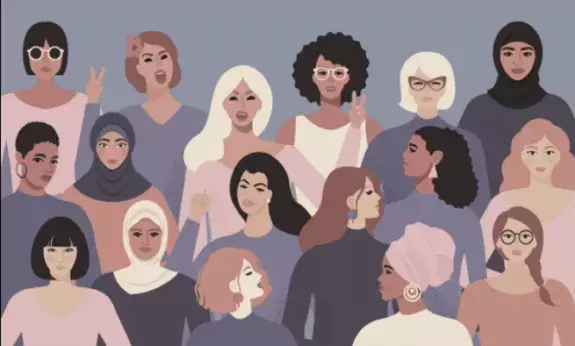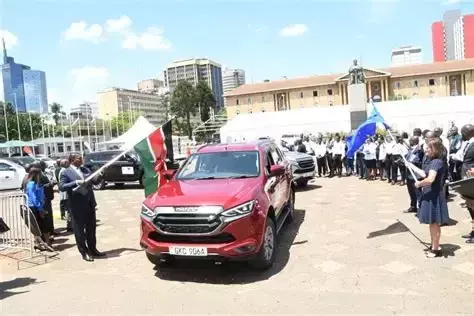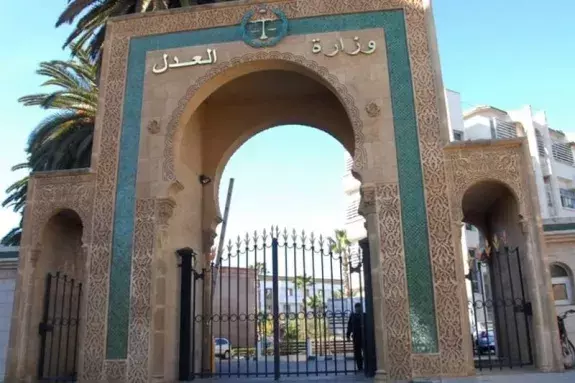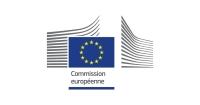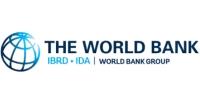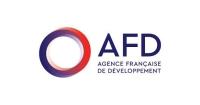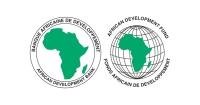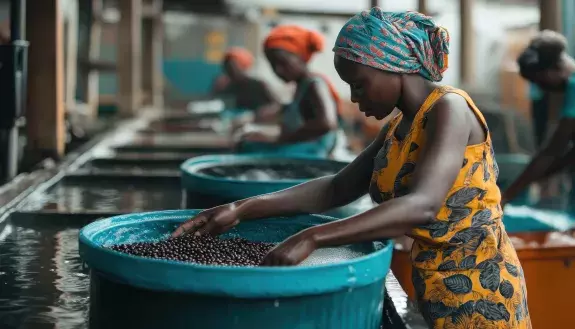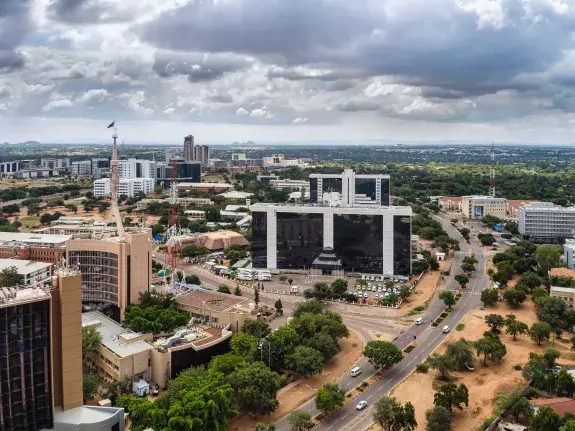Democratic governance
Democratic governance is based on two major challenges: strengthening transparent, effective and legitimate public institutions, while promoting active citizen participation, which is essential for sustainable and inclusive development.
Ginger SOFRECO’s work is focused on three key areas: supporting the rule of law, supporting civil society and promoting human rights.
Areas of expertise
Ginger SOFRECO works on the rule of law and access to justice by supporting the modernisation of judicial systems, decentralisation and institutional capacity strengthening. Our activities include legislative reform, the deployment of ICT tools, training for legal professionals and the establishment of infrastructure to improve the efficiency, transparency and fairness of the judicial system. We aim to ensure more equitable access to justice for all, particularly vulnerable and rural populations.
In addition, we support citizen participation and the development of democratic systems by strengthening civil society and promoting inclusion and respect for human rights, particularly for women, children and minorities.
The aim of our work is to build more accessible, accountable and fundamental rights-based justice systems.
The rule of law and access to justice
Support for civil society and democratic systems
Human rights, gender and minorities
The rule of law and access to justice
Our activities in favour of the rule of law and access to justice focus on strengthening institutional capacities, developing modern information systems and implementing legislative reforms, while ensuring the transparency, independence and accountability of legal professionals through the:
- Modernisation of judicial infrastructure
- Design of appropriate legislative frameworks
- Deployment of ICT tools to facilitate access to law and justice
- Capacity strengthening of legal professionals through training and the development of appropriate programmes, ensuring their integration into the reform process
- These initiatives aim at ensuring a more effective, fair and accessible judicial system for all, particularly vulnerable populations.
For example, we have supported the decentralisation and improvement of the efficiency of judicial systems in several countries, including Kenya, Tunisia, Morocco, the Maldives, Lesotho, Algeria and Côte d'Ivoire.
Our references in the field of democratic governance
Dedicated teams
Our multidisciplinary team has expertise in economics, law, governance, justice, urban planning, finance, the private sector, and anti-corruption efforts. We take a comprehensive and specialised approach to governance and economic development issues. Our experience in implementing technical assistance projects funded by the European Union and other international partners reinforces this approach.
people

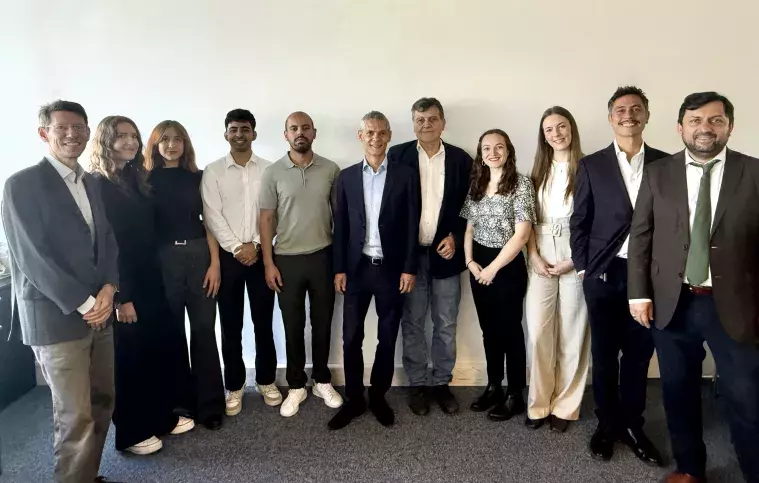
They trust us
CHALLENGES AND PROSPECTS
Access to justice – a key challenge
Access to justice is a cornerstone of strengthening governance, guaranteeing the rule of law and ensuring a fair and inclusive society.
Our experience in this area encompasses a wide range of technical and institutional activities. We have supported the implementation of legal aid laws, particularly in Kenya, by strengthening the capacity of stakeholders and deploying ICT systems to facilitate access to legal services for vulnerable populations. We have also supported judicial sector reform in Tunisia and Côte d'Ivoire to improve the efficiency, transparency and judicial system fairness for all citizens, particularly those living in rural or vulnerable areas.
Our interventions include conducting satisfaction surveys among litigants, supporting the development of alternative dispute resolution methods, providing logistical support to mobile courts, strengthening the capacities of legal aid providers (legal clinics and state bodies, such as the National Legal Aid Service [NLAS] in Kenya), designing procedural manuals, creating awareness-raising and advocacy tools, and setting up infrastructure to improve access to justice.
Lastly, we aim to simplify procedures and strengthen the participation of litigants in the judicial process.

Contact us


